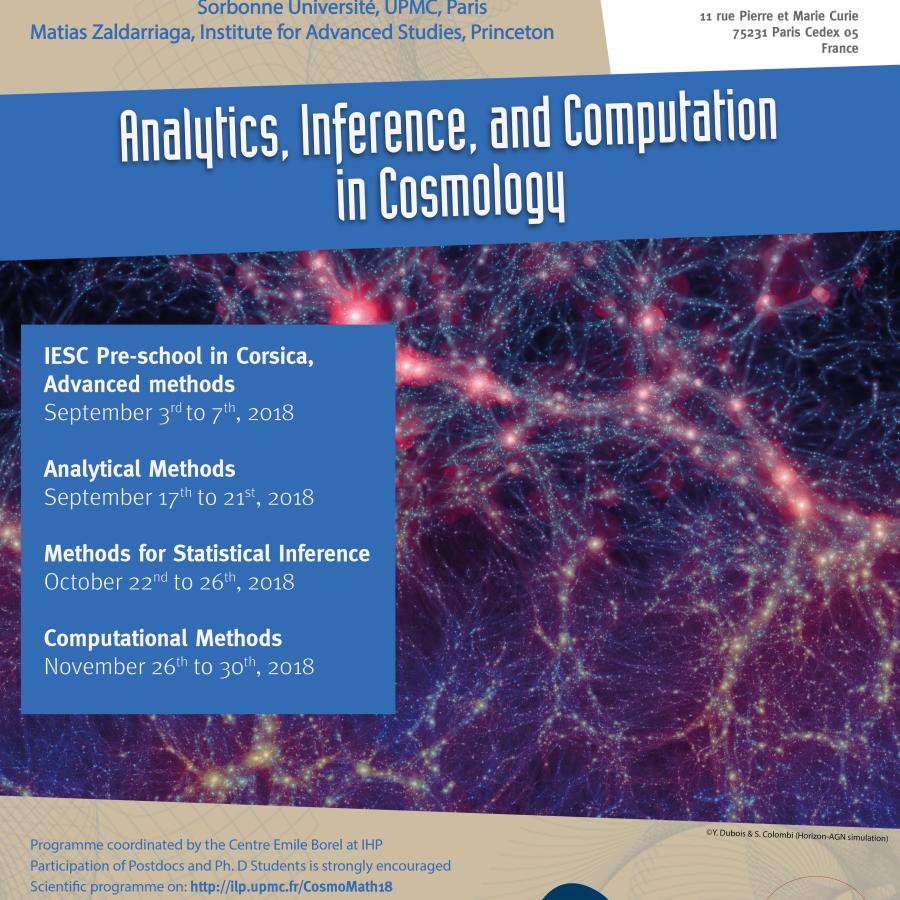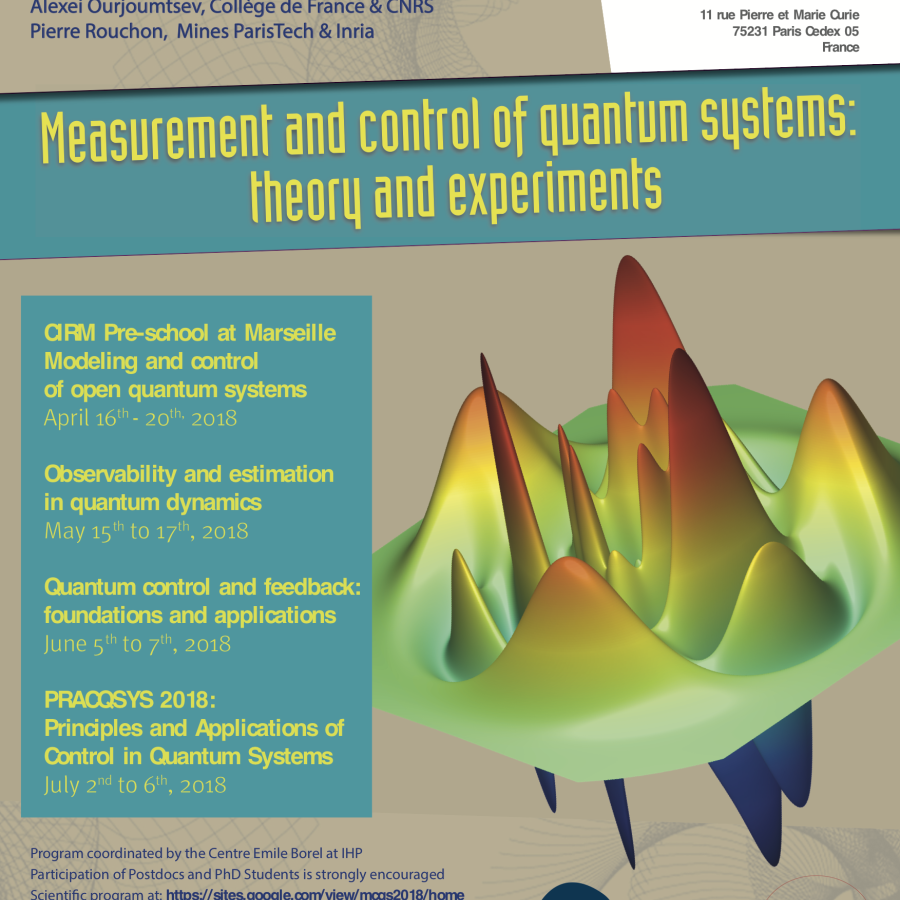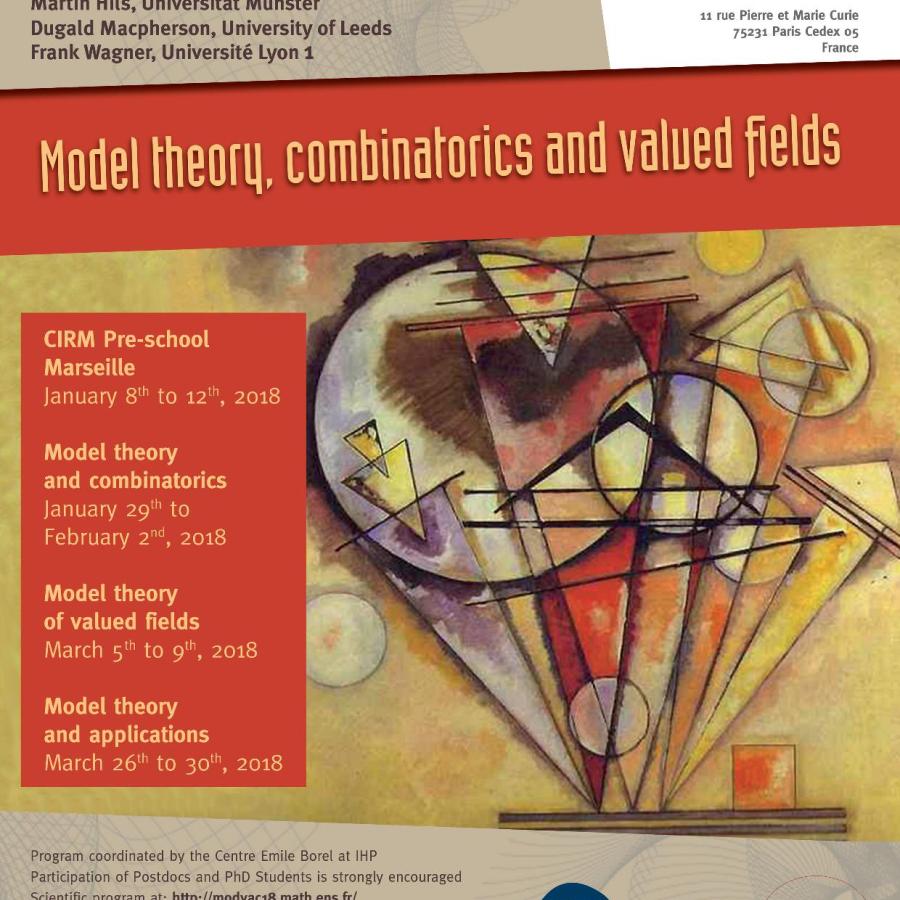Cosmology is about understanding the origin and evolution of the universe and the formation of all structure within it — one of the most challenging intellectual projects undertaken by humanity. To make progress, we need the most powerful mathematical methods available: analytics to guide us through subtle theoretical issues, simulations to compute the detailed quantitative predictions of the theory, and statistical inference to confront these predictions with large cosmological data sets.
2018
Measurement and control of quantum systems : theory and experiments
Constant improvements of lasers, cryogenics, electronics and nano-fabrication techniques enabled a new, bottom-up approach, where elementary quantum objects are manipulated individually and assembled into more and more complex systems. Thanks to the efforts of many experimental teams, including those of S. Haroche and D. J. Wineland who both received the Nobel Prize in 2012, motional states of trapped ions, internal states of atoms, light fields in optical cavities or mesoscopic currents in superconducting circuits can now be precisely controlled at the quantum level.
Model theory, combinatorics and valued fields
Model theory is a branch of mathematical logic which deals with the relationship between formal logical languages (e.g. first order logic, or variants such as continuous logic) and mathematical objects (e.g. groups, or Banach spaces). It analyses mathematical structures through the properties of the category of its definable sets.




